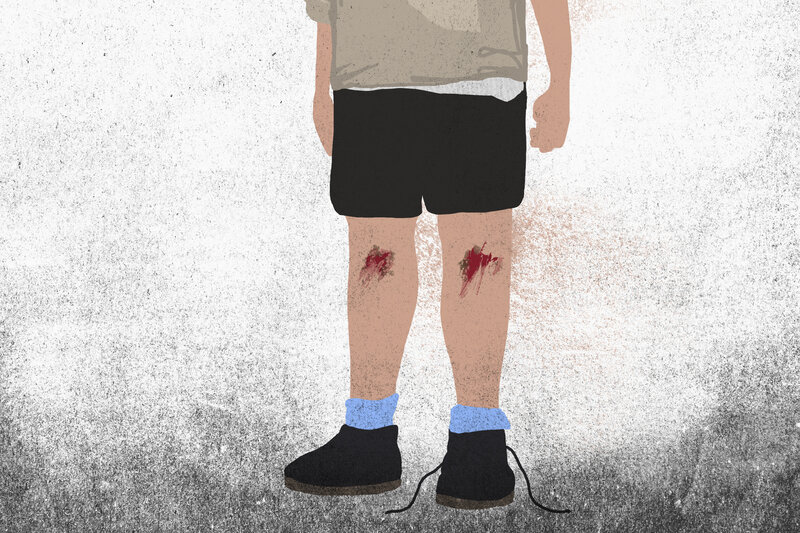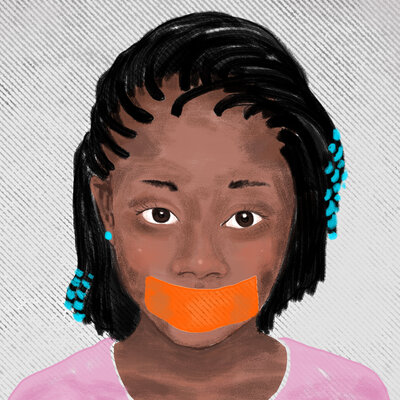School Suspensions Have Plunged: We Don't Yet Know If That's Good News

We are in the midst of a quiet revolution in school discipline.
In the past five years, 27 states have revised their laws with the intention of reducing suspensions and expulsions. And, more than 50 of America's largest school districts have also reformed their discipline policies — changes which collectively affect more than 6.35 million students.
A new paper from Max Eden, a senior fellow at the conservative-leaning Manhattan Institute, argues that this is all too much, too soon. In New York City, for example, suspensions have fallen by half since 2011.
Eden's read of the available evidence argues that school climate in the city, on the whole, has gotten worse. "Without making the case that we need to start suspending more students," Eden tells NPR Ed, "the point is that, wow, we really haven't looked into this. We don't know what's going on."
The pressure to stop putting so many students out of class came largely from new data showing blacks and Hispanics are far more likely to be suspended and expelled from school. Students who are suspended are, in turn, far more likely to drop out of high school. And, as police officers have come to be employed directly in schools to enforce "zero-tolerance" discipline, incidents more often result in arrests and even criminal charges, a connection that has become known as the "school-to-prison pipeline."
Neil Gorsuch, the Supreme Court nominee now in hearings, has ruled in at least two such cases, one involving a 9-year-old whose arm was intentionally twisted when he was put in handcuffs, and another a middle schooler arrested for burping in class.
The data has prompted more widespread legal action as well. In 2014, the U.S. Education Department's Office of Civil Rights warned school districts around the country that any discipline policy that has a disparate impact by race, even if it is neutral on its face, can be found to be in violation of the law.
OCR investigated several school districts over discipline policies. Two of them, Oakland and Oklahoma City, agreed in legal settlements to reduce suspensions. Other cities where suspensions have been limited include Los Angeles, Chicago and St. Paul, Minn.
If a disruptive student can't be removed from class, what should be done instead? The prevailing alternative is a set of practices known as "restorative justice." The philosophy behind it could be summed up as: "The kids who are misbehaving are also members of the school community," says Kelly Welch, a criminologist who studies the topic at Villanova When School Suspensions Plunge, Is That A Good Thing? : NPR Ed : NPR:
California's schools suspensions are down, but black students still face higher suspension rates - LA Times - http://www.latimes.com/local/education/la-essential-education-updates-southern-school-suspensions-are-decreasing-1490130793-htmlstory.html on @latimes
Suspension rates for African-American students escalate in middle school | EdSource - https://edsource.org/?p=579086 on @edsource

